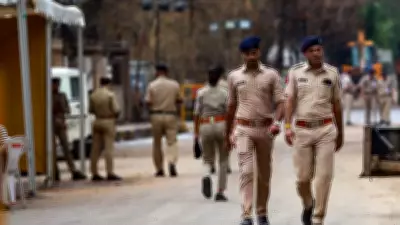
In a significant ruling that highlights the importance of judicial efficiency, a Delhi court has firmly rejected a bail application that stretched to a staggering 500 pages in a case registered under the Protection of Children from Sexual Offences (POCSO) Act.
Additional Sessions Judge Sonali Gupta of Tis Hazari Courts delivered a strong message against legal verbosity while dismissing the petition filed by a man accused in the sensitive case. The court described the application as "voluminous" and "bulky," noting that such excessive documentation hampers the judicial process rather than aiding it.
Court's Stern Message on Legal Proceedings
The judge emphasized that courts are already burdened with heavy caseloads and lengthy petitions only add to the judicial backlog. The ruling stated that legal documents should be concise and to the point, focusing on relevant facts and legal arguments rather than unnecessary elaboration.
"The petition runs into about 500 pages and is voluminous and bulky," the court observed, making it clear that such practices cannot be encouraged in the justice delivery system.
Background of the POCSO Case
The accused individual had been booked under the stringent POCSO Act, which deals specifically with crimes against children. While the details of the specific allegations remain part of the court records, the case falls under the category of serious offenses that the Indian legal system treats with utmost priority.
The rejection of the bail plea means the accused will remain in judicial custody as the trial proceedings continue. Legal experts suggest that the court's strong stance might set a precedent for how bail applications should be framed in future cases.
Broader Implications for Legal Practice
This decision brings attention to several critical aspects of legal practice in India:
- Judicial Efficiency: The need for concise legal documentation to ensure timely justice delivery
- Professional Standards: The expectation for lawyers to present cases effectively without unnecessary elaboration
- Child Protection: The seriousness with which courts handle POCSO cases
- Legal Reform: Potential changes in how legal documents are prepared and presented
The legal community has largely welcomed the court's stance, acknowledging that while thorough preparation is essential, excessive documentation can sometimes obscure rather than clarify legal arguments.
As the case continues through the judicial system, this ruling serves as an important reminder about the balance between comprehensive legal representation and judicial efficiency in India's overburdened courts.





